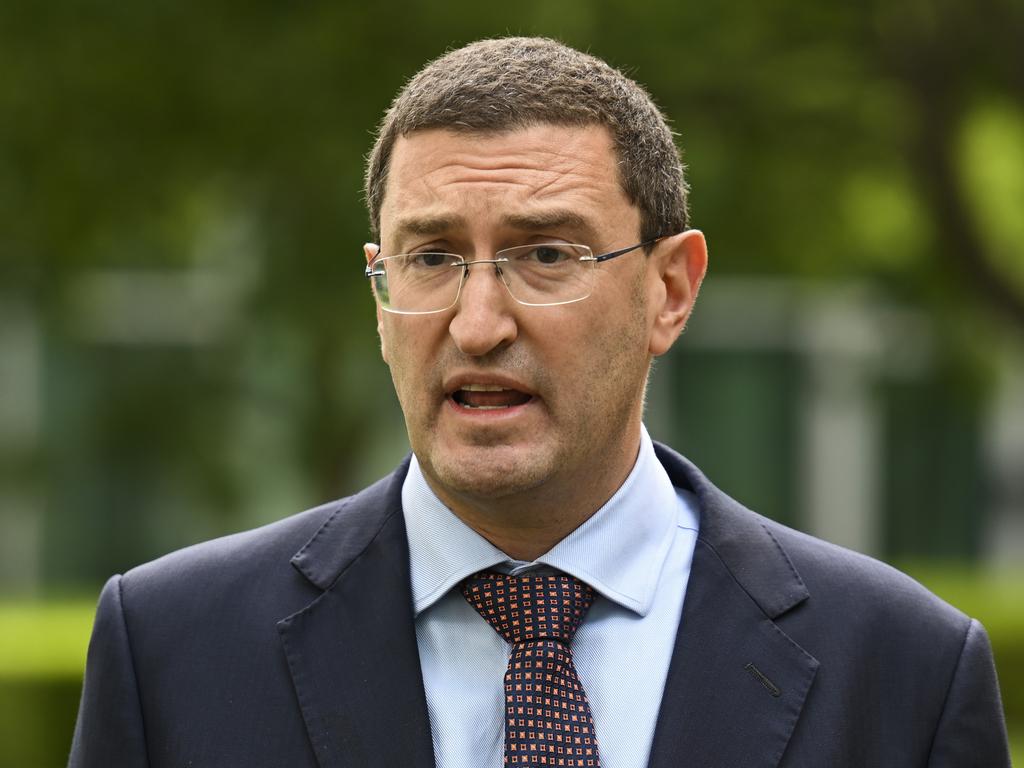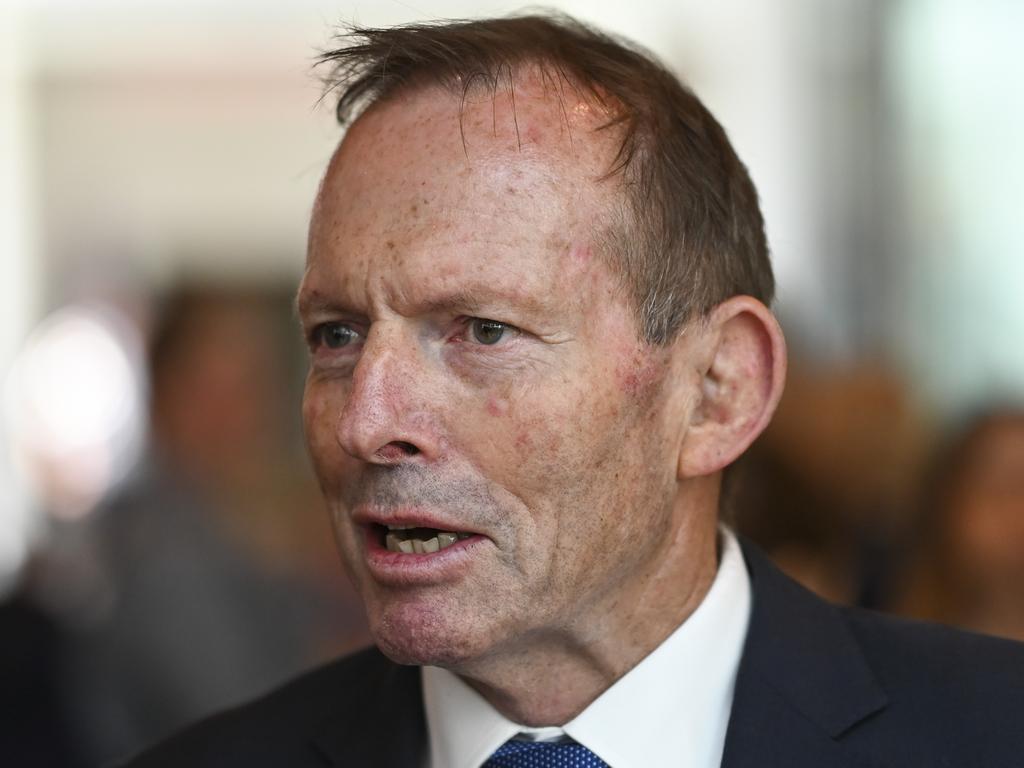Voice has nothing to do with issue of sovereignty

Sovereignty is often invoked in Indigenous affairs in Australia. The term is loaded with history and political implications, and means different things to different people. For some, sovereignty refers to Aboriginal and Torres Strait Islander peoples having greater control over important questions affecting the life of their community. This is where much of the contemporary debate is located. At the other end of the spectrum, sovereignty could mean recognition of independent Indigenous nations.
Countries such as the United States, Canada and New Zealand recognise the sovereignty of their first peoples in the form of self-determination and the power to make decisions for their people. This form of shared sovereignty involves everyone being subject to the same overarching national constitution. These countries show how recognition of Indigenous sovereignty can empower first peoples and drive better health and economic outcomes.
Recognition of Indigenous sovereignty by political leaders in these nations is accepted across the political spectrum. For example, in the US former president George W Bush affirmed in 2001: “My administration will continue to work with tribal governments on a sovereign to sovereign basis … We will protect and honour tribal sovereignty.” Similarly, the administration of Donald Trump recognised “all tribes are sovereign and we must respect their right to self-determination”.
Australia is the odd nation out in not recognising rights to self-determination and sovereignty of its Indigenous peoples. We are exceptional in that shared sovereignty is highly contentious. Australian leaders have even suggested recognition might fracture the nation, despite clear experience to the contrary elsewhere. It is unsurprising that some Indigenous people are concerned the referendum might extinguish their claims to sovereignty. They fear their unrecognised rights might be snuffed out by constitutional change, and that voting Yes might amount to a surrender of their sovereignty.
This would not occur. The referendum will not compromise Indigenous sovereignty. This issue was examined by the Constitutional Expert Group, including myself, advising the Albanese government on the referendum. We were unanimous in answering a question about the extinguishment of Indigenous sovereignty with an emphatic “no”. We concluded the referendum will “not affect the sovereignty of any group or body”. The government’s draft wording says nothing about sovereignty. It would only create a new body able to make representations to parliament and government. The amendment does not speak to the colonisation of Australia, nor issues like native title or self-determination. Bringing the Constitution into force in 1901 and the passage of the 1967 referendum did not undermine Indigenous sovereignty. Nor would the referendum. Thorpe has suggested the referendum could change the Constitution to acknowledge Indigenous sovereignty. This would be self-defeating. If the reform failed, which would be far more likely with the addition of the clause, the result would be a clear rejection of Indigenous sovereignty. If the referendum succeeded, the outcome would be ironic, and counter-productive, in that the unceded sovereignty of Indigenous peoples would depend on recognition in the foundational document of the settler state.
The right place to advance the sovereignty debate is through a treaty process. Treaties are used across the world to negotiate coexistence between first peoples and those who colonised their lands. Treaties put in place practical measures to improve lives, enable economic empowerment and recognise decision-making by local communities. Negotiating these measures, and then implementing them, is itself a powerful assertion of sovereignty.
The Uluru Statement from the Heart calls for treaties after bringing about an Indigenous voice. This is the right sequencing. The first step is to build Indigenous peoples into the nation’s political structures by enabling them to be heard. Then the nation and Indigenous communities will be better placed to negotiate treaties that set out the terms of a shared, peaceful and just coexistence.
George Williams is a Deputy Vice-Chancellor and Professor of Law at the University of NSW.







Senator Lidia Thorpe has split from the Greens to fight for the “Blak Sovereign Movement” based upon an ill-founded view of the upcoming referendum. She says the voice could compromise Indigenous sovereignty, and she will oppose the change unless it “guarantees First Nations sovereignty is not ceded”. Thorpe has picked an unfortunate battleground: the referendum has little or nothing to do with Indigenous sovereignty.